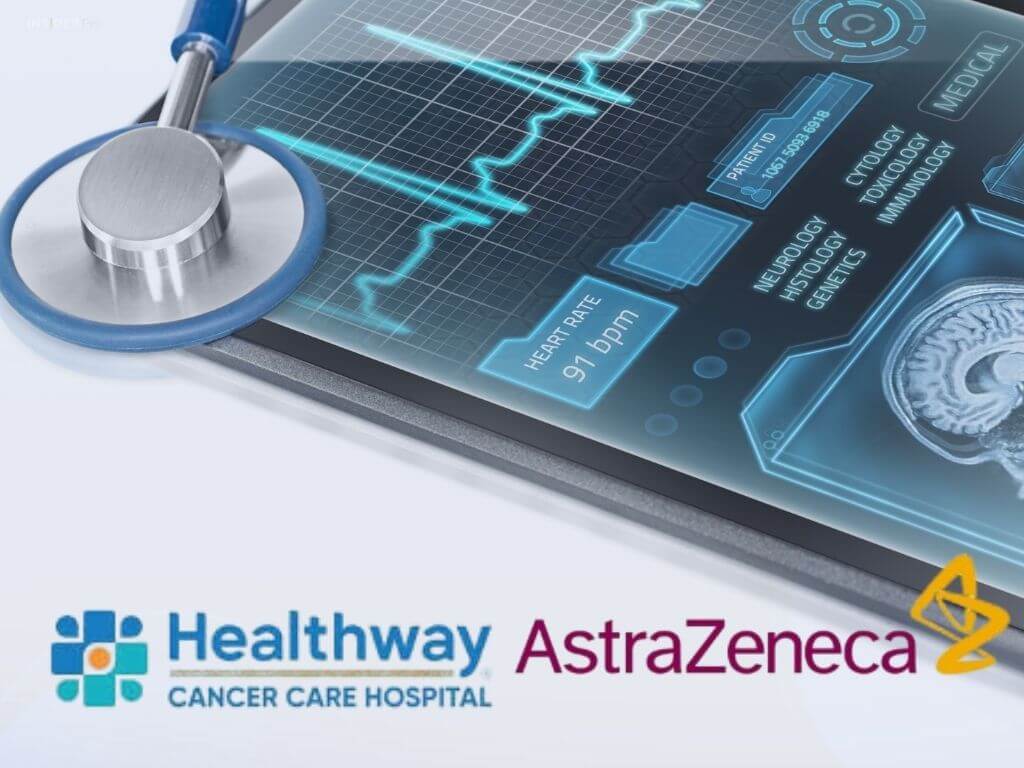

The Lung COE seeks to provide a full continuum of care, from early screening and diagnosis to advanced therapies and follow-up support.
“The vision of the Lung Center of Excellence is really to be the leading center for screening, detection, diagnosis, and treatment of thoracic malignancies in the Philippines. And we want to make this bigger, at least in Asia, in the next couple of years,” said Dr. Gerardo Cornelio, head of the HCCH Lung COE.
The center will address both major forms of lung cancer—non-small cell lung cancer (NSCLC) and the more aggressive small cell lung cancer (SCLC).
The Lung COE seeks to provide a full continuum of care, from early screening and diagnosis to advanced therapies and follow-up support.
“The vision of the Lung Center of Excellence is really to be the leading center for screening, detection, diagnosis, and treatment of thoracic malignancies in the Philippines. And we want to make this bigger, at least in Asia, in the next couple of years,” said Dr. Gerardo Cornelio, head of the HCCH Lung COE.
The center will address both major forms of lung cancer—non-small cell lung cancer (NSCLC) and the more aggressive small cell lung cancer (SCLC).
Tech-enabled early detection
Through its partnership with AstraZeneca and artificial intelligence developer Qure.ai, HCCH is harnessing AI-powered chest X-rays to improve early detection rates. Low-dose CT scans (LDCT) are also being deployed as a more effective screening tool.
Once a diagnosis is required, patients can access advanced diagnostic procedures, including bronchoscopy and various biopsies. Treatment options range from surgery and radiation therapy to chemotherapy, molecular targeted therapy, and immunotherapy.
“Lung cancer incidence is on the rise, and mortality rates are high because the disease is often diagnosed at a late stage,” Cornelio said. “With screening and early detection, lung cancer is increasingly treatable, improving the chances of a cure and lowering the mortality rate.”
Tackling local challenges
Dr. Michael Agustin, head of the Lung Nodule Clinic, pointed to unique barriers faced in the Philippines. Tuberculosis often mimics lung cancer, complicating diagnosis. Screening programs are still nascent, and PhilHealth only recently began covering LDCT. Widespread exposure to cigarette and biomass smoke, coupled with limited healthcare access, further exacerbates the problem.
“As the country’s first dedicated cancer care hospital, we are committed to addressing the leading cause of death among cancer patients,” Agustin said. “Our response is to create a sustainable and efficient program that enables the early diagnosis of cancer.”
Lung Nodule Clinic services
The Lung Nodule Clinic focuses on the evaluation of lung nodules—small spots detected on scans that may or may not signal early cancer. Each case is carefully reviewed by a multidisciplinary team of pulmonologists, radiologists, and oncologists following global medical guidelines.
At the core of the clinic’s services is its LDCT Lung Cancer Screening Program. This quick, painless annual scan uses lower radiation than standard CT imaging and can detect cancer earlier than chest X-rays, reducing mortality by as much as 20 percent.
Eligible individuals are typically aged 50 to 80 with a smoking history of 20 pack-years or more, whether current smokers or those who quit within the last 15 years. Other risk factors such as family history and exposure to carcinogens like radon or asbestos are also considered. —Ed: Corrie S. Narisma